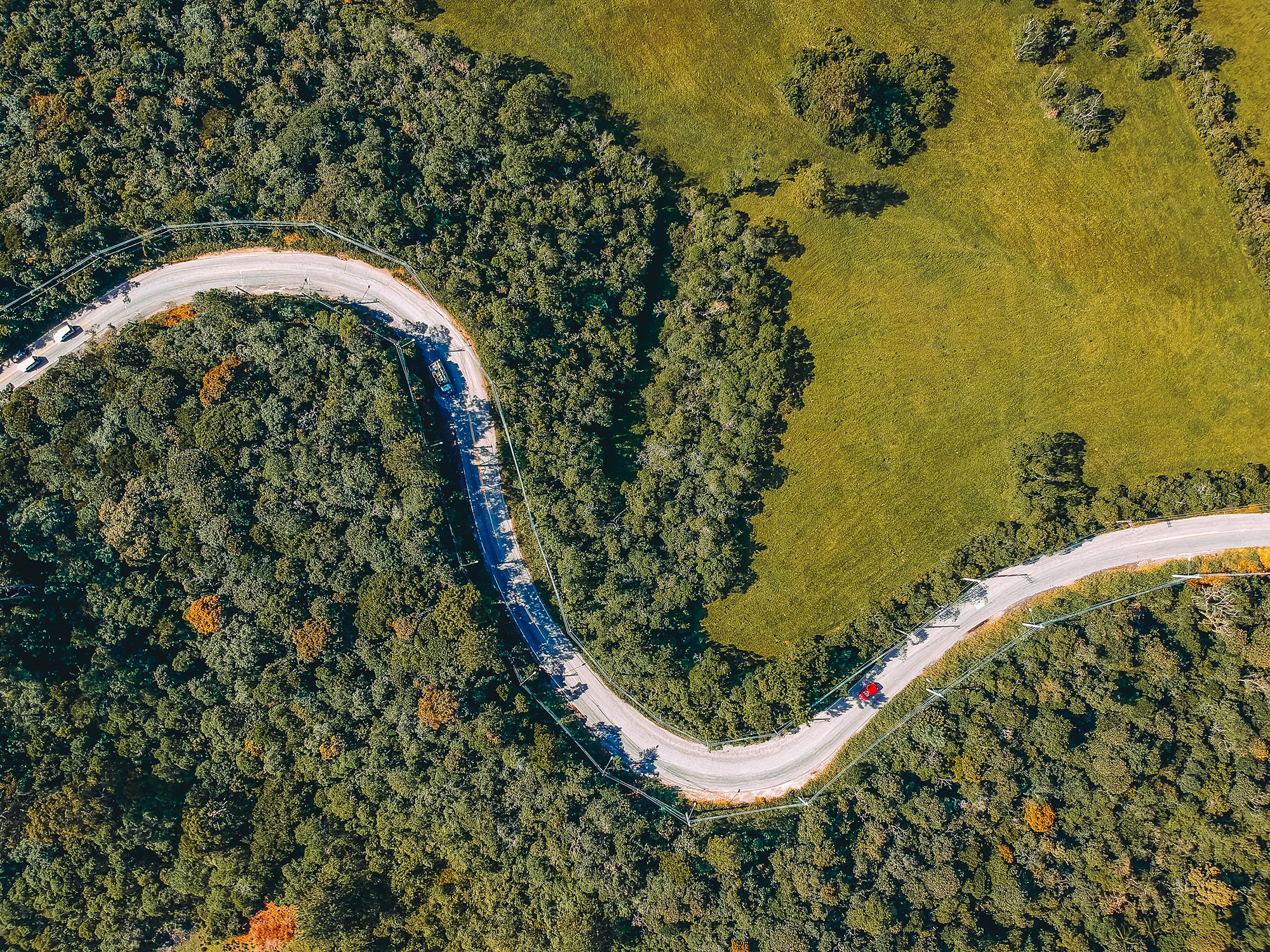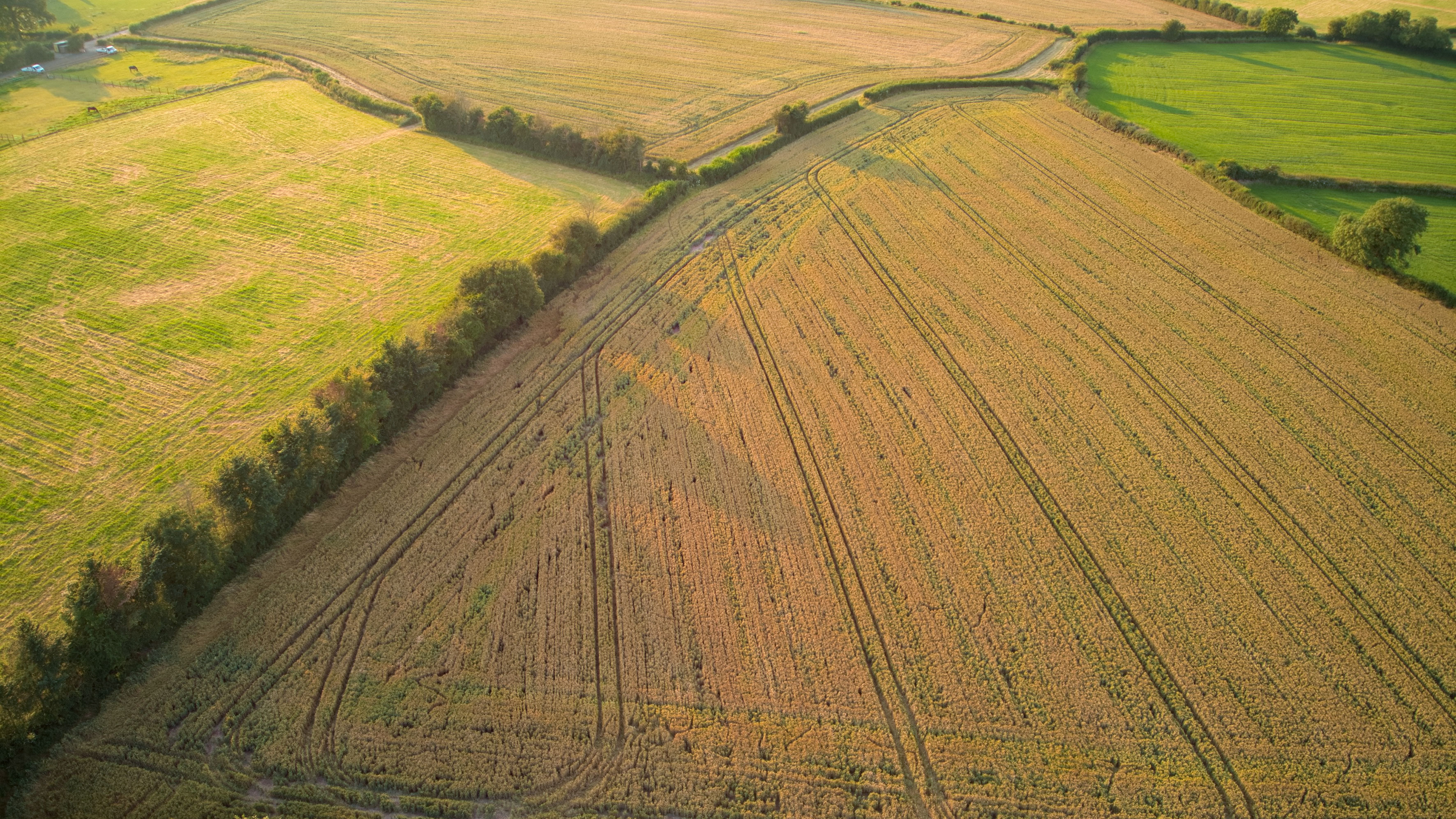
In April last year, UK Research and Innovation (UKRI) announced major new investment to transform land use across the country. Transforming land use for net zero, nature and people is a programme that aims to support the UK's transition to net-zero greenhouse gas emissions and avoid dangerous climate change.
The Land Use for Net Zero (LUNZ) Hub secured funding in November last year after a panel decision by representatives from bodies such as UKRI, the Departments for Environment, Food & Rural Affairs and for Energy Security & Net Zero (DEFRA and DESNZ), and the Scottish government.
With this funding set to last 40 months, the hub aims to convene a transdisciplinary, cross-sectoral community to support the UK in achieving net zero while meeting other environmental and societal goals. It also plans to advance research, integrate knowledge and identify ways for evidence to find its way quickly into policy.
Land use has significant impact on emissions
Land use has three major roles to play in meeting the UK's legally binding net-zero goal for 2050, and 2045 in Scotland. It can:
- reduce direct greenhouse gas emissions from agriculture and degraded peatlands
- remove carbon from the atmosphere to offset emissions in sectors that are hard to mitigate
- enable decarbonisation of other sectors: for example, generating energy from woody biomass, solar and wind; producing low-carbon building materials; and growing feedstocks for the bioeconomy.
Government statistics for 2022, the most recent available, show net territorial greenhouse gas emissions in the UK of 406.2m tonnes of carbon dioxide equivalent (MtCO2e). The agriculture sector is recognised as the source of about 12% of national greenhouse gas emissions.
The sources can in turn be broken down into:
- livestock
- agricultural soils
- stationary combustion sources
- off-road machinery.
Land use, land-use change and forestry are together accounted for separately from agriculture in the government statistics, and include emissions and removals from forests, cropland, grassland, peatland and settlements. Peatland is the largest source of greenhouse gas emissions in this sector, while forestry is the largest carbon sink.
Net emissions from land use, land-use change and forestry were about 0.8MtCO2e in 2022. Forests and peatlands have great potential to remove carbon from the atmosphere, though, which is why tree planting and peatland restoration schemes are being rolled out across the UK.
Policy shift prompts net-zero investment
While the contribution of agriculture and land use to greenhouse gas emissions and sequestration has long been recognised, several developments have brought them into focus in the net-zero transition debate.
The first is the replacement of the EU's Common Agricultural Policy farming subsidies with UK-specific policies and subsidy schemes following Brexit; the second is the roll-out of land-use frameworks across the UK; and the third is the search for policy options that help to meet the net-zero goal while being feasible and acceptable.
The Climate Change Committee has also published reports such as Land use: Policies for a Net Zero UK outlining the importance of changing the way we use land to reach that goal. Similarly, a recent Royal Society report calls for multifunctional landscapes, and the Landscape Decisions programme has likewise stressed the need to change the way we use our land to meet environmental and climate policy goals.
It is in this context that UKRI decided to fund LUNZ, which is led by Prof. Lee-Ann Sutherland at the James Hutton Institute and myself at the University of Leicester. It brings together 34 funded organisations and 62 partner organisations that have pledged in-kind support, including universities, research institutes, stakeholder bodies, non-governmental organisations and businesses from across the UK.
Hub takes collaborative approach to transform sector
The hub started operating in November and adopts an agile, inclusive approach across all four UK nations. It aims to enable a critical mass of academics, policymakers and groups working in the agriculture and land-use sectors to agree on clear, achievable and evidenced ways to reduce carbon.
The hub is analysing, aggregating and translating objective evidence from research to help these stakeholders transform land use, agricultural systems and soil health. It is working with them to develop evidence-based pathways to achieve a net-zero carbon future while dealing with other environmental and societal targets in areas such as food production, nature restoration, clean air and clean water.
The work of the hub is underpinned by national teams for England, Scotland, Wales and Northern Ireland, as well as a number of specialised topic advisory groups (TAGs). For instance, the agricultural systems TAG is developing a viability index for land management interventions, while the soil health and carbon dynamics TAG is working on harmonising soil health indicators across the UK.
Research shared to inform net-zero pathways
To achieve its goals, the hub has established:
- an agile policy centre
- a creative methods lab
- a net-zero futures platform.
To share its findings swiftly with policymakers from DEFRA and DESNZ as well as the devolved administrations, the policy centre produces short evidence notes as well as longer reviews and synthesis work on specific topics.
Hub member organisations prepare these reports in response to calls from policymakers to the policy centre, and eight such requests are already being processed. Prof. Sutherland and I as the hub co-leads also meet every two weeks with a liaison group involving DEFRA, DESNZ and representatives of Northern Ireland, Scotland and Wales.
The creative methods lab is meanwhile developing innovative ways of working together across policy, research, businesses and members of the public. Researchers from different disciplines are working with stakeholders in other sectors to fulfil the objectives of the government's Environmental Improvement Plan 2023 for England.
These objectives include ensuring thriving plants and wildlife, clean air, clean and plentiful water, as well as mitigating and adapting to climate change, and enhancing beauty, heritage and engagement with the natural environment, as set out in the government's Environmental Improvement Plan for England in 2023.
Indeed, the hub aims to support environmental improvements across the UK, in the context of the land-use strategy for Scotland, the sustainable land management framework in Wales, and emerging land-use frameworks in England and Northern Ireland.
The net-zero futures platform is in turn co-creating scenarios with a variety of stakeholders from UK government, devolved administrations, wildlife, water and farming representatives and other sectors to envisage what such a future might look like.
The first co-creation workshop was attended by 33 organisations, to look at plausible pathways and how these can be designed in a just way with the least disruption. Further workshops will be held in the four nations and UK-wide to refine the scenarios, and the results will be sent to the relevant policymakers.
Related competencies include: Agriculture, Land use and diversification, Management of the natural environment and landscape, Sustainability
How to get involved with the LUNZ Hub
To apply to participate in an LUNZ Big Tent event or to register your interest, please contact the LUNZ Hub team. The first LUNZ Big Tent event is planned for 18–19 September in Edinburgh. Further details will be available in June.
Attendees from a broad spectrum of beliefs and areas of expertise or practice, including those outside the hub are encouraged to apply.
RICS UK Rural Conference 2024
26 June | 08:00–17:00 BST | Royal Agricultural University, Cirencester
RICS rural conference 2024 is of interest to those working in the rural sector, from farmers, landowners, land managers and surveyors, to rural property valuers and environmental professionals.
This year's event will cover opportunities in international and domestic carbon markets, with specific reference to RICS' brand new practice information paper, plus updates on biodiversity net gain, and geospatial data. Find out the latest on DEFRA's funding and the Rock Review.
In addition, speakers from OFWAT and water companies will showcase examples of how they are dealing with challenges in the water sector and what more needs to be done.
Case studies from those working in the rural sector will offer practical solutions to rural professionals and there will be plenty of opportunity to network with your peers.


